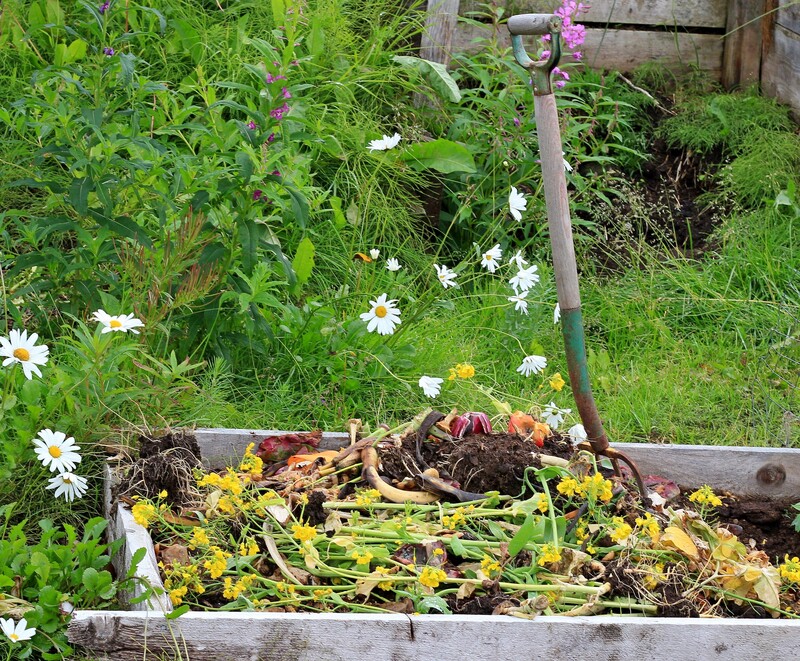The Practical Uses of Builders Skips in Construction
In the world of construction, efficiency and organization are key. One critical element often overlooked is waste management. Builders skips are an essential part of any construction site, ensuring that waste and debris are managed effectively. In this comprehensive article, we will delve into the practical uses of builders skips in construction, highlighting their importance, various skip sizes, environmental considerations, and best practices.
Understanding Builders Skips
A builders skip is a large, open-topped waste container designed for loading onto a skip lorry. Commonly used on construction sites, these skips come in various sizes, typically ranging from 6 to 8 yards, and are crucial for handling different types of construction waste.
What Makes a Builders Skip Different?
- Size and Capacity: Larger than domestic skips, builders skips are specifically designed to accommodate the volume of waste generated by building projects.
- Material Strength: Built to withstand heavy, bulky, and sometimes hazardous construction waste.
- Ease of Use: Builders skips are engineered for simple loading and efficient transportation from the construction site to waste processing facilities.

Why Builders Skips Are Essential in Construction
The uses of builders skips on construction sites extend far beyond mere convenience. Let's explore why skips are indispensable for building projects:
1. Streamlined Waste Management
Construction generates a significant volume of waste materials -- from rubble and bricks to timber, packaging, and metallic debris. With a builders skip, waste can be disposed of safely and systematically, helping maintain a clean and efficient site.
- Reduces clutter and prevents safety hazards by minimizing trip and fall risks.
- Legal compliance: Adhering to waste management regulations becomes easier with proper skip hire and disposal documentation.
- Segregation of waste: Skips can be used to separate recyclables, hazardous, and non-recyclable waste.
2. Enhancing Site Safety
Construction zones are inherently hazardous. An untidy workspace increases the likelihood of accidents. Construction skips play a critical role by:
- Offering a centralized point for disposal, reducing the risk of materials left scattered across the site.
- Helping to meet Health and Safety Executive (HSE) guidelines in the UK and similar regulations globally.
- Protecting worker wellbeing and maintaining professional site standards.
3. Improving Efficiency and Productivity
A well-organized site supports better workflow. When builders know where to dispose of materials, there's less wasted time and effort.
- Quick disposal of debris keeps work areas clear and operational.
- Reduces labor costs associated with repeated clean-ups.
- Ensures timely progression from one construction phase to another without unnecessary delays.
4. Environmental Responsibility
Today, sustainability is at the forefront of construction. Using appropriate builders skips allows companies to:
- Separate and recycle materials, diverting waste from landfill.
- Reduce cross-contamination of hazardous substances.
- Comply with environmental laws and certifications such as BREEAM and LEED.
Common Types of Builders Skips
Skips come in several sizes and formats, each suited to specific tasks. Selecting the right skip ensures optimal site management.
Popular Builders Skip Sizes
- 6 Yard Builders Skip: Ideal for small to medium construction projects such as home renovations or minor demolitions, accommodating up to 60 black bin bags of waste.
- 8 Yard Builders Skip: The most common choice on building sites, well-suited for larger renovations and office clearances, holding up to 80 bags of rubble and waste.
- 10-12 Yard Skips: Suitable for major construction work, shop refits, or bulky waste. Not always recommended for heavy waste like soil or hardcore due to weight restrictions.
- 20-40 Yard Roll-on Roll-off Skips: Used for substantial demolition and large-scale commercial building projects, these giant skips can handle vast quantities of waste but require sufficient site space and specialized transport.
Specialized Skip Types for Construction
- Enclosed Skips: Useful where security and dust control are paramount, particularly in urban or sensitive environments.
- Drop-door Skips: Allow easier loading of heavy or bulky materials such as bricks and concrete, reducing manual handling injuries.
- Hazardous Waste Skips: Designated for materials like asbestos, paint cans, and chemicals, complying with relevant hazardous waste handling legislation.
Best Practices for Using Builders Skips on Site
To maximize the benefits of builders skips in construction, follow these best practices:
Location, Loading, and Compliance
- Site Positioning: Place the skip in a location that's easily accessible for both workers and skip lorry collection, but away from emergency exits and main thoroughfares.
- Weight and Fill Management: Never overfill a skip--the contents should not exceed the height of the skip walls for safe transportation.
- Permits: If a skip needs to be placed on public land or roadside, ensure the necessary local authority permits are secured.
- Prohibited Items: Items like tires, electrical appliances, and certain chemicals require separate disposal routes and should not be placed in a regular builders skip.
Waste Segregation
- Provide Multiple Skips: On larger projects, use dedicated skips for specific waste streams such as wood, metals, masonry, and general waste to enhance recycling rates.
- Clear Signage: Label skips by material type and provide instructions to prevent cross-contamination of wastes.
Key Practical Uses of Builders Skips in Construction Projects
The utility of builders skips is vast and spans various construction activities. Here are some of the major applications:
1. Demolition and Site Clearance
Heavy construction and demolition work generate vast quantities of rubble, brick, and concrete. Builders skips offer a robust solution for containing and removing these materials efficiently.
2. Renovation and Refurbishment Works
Whether renovating a home, office, or commercial space, skips are indispensable for handling materials like plaster, old fittings, timber, and general waste produced during strip-outs and upgrades.
3. New Build Construction Sites
New construction generates packaging materials, off-cuts, unused cement, and more. Skips for construction sites help keep the worksite organized, reducing hazards and improving aesthetics for potential buyers or inspectors.
4. Landscaping and Civil Engineering Projects
Landscaping often involves soil excavation, turf removal, clearing trees, and other site preparation. Builders skips are essential for managing green waste, soil, stones, and even mixed waste from landscaping projects.
Environmental Benefits of Using Builders Skips
Efficient waste management is not only practical but also environmentally responsible. Here's how builders skips contribute to sustainability:
- Improved Recycling: Segregated and well-managed skips make it easier for recyclers to process materials.
- Lower Landfill Usage: By diverting recyclable materials and minimizing contamination, building projects can reduce their landfill footprint.
- Compliance and Reputation: Meeting environmental standards aids in gaining green building certifications, boosting client trust and market reputation.
How to Choose the Right Builders Skip for Your Project
Selecting the correct skip size and type is an important part of effective waste management. Consider the following factors:
- Project Scope: Estimate the type and amount of waste your project will generate. For heavy, dense waste, avoid using oversized skips as they may exceed weight limits.
- Space Limitations: Measure the available site area to ensure the skip fits safely and accessibly.
- Frequency of Removal: For fast-paced sites, arrange for regular skip exchanges to prevent bottlenecks.
- Waste Categories: Work with your skip provider to determine the best options for mixed or hazardous waste.
Consult with Experts
Don't hesitate to consult with your skip hire provider for professional guidance. They can advise on required permits, optimal skip placement, and legal requirements for specific waste types.

Builders Skips and Modern Construction Trends
As the construction industry evolves, so does the role of waste management. Modern projects increasingly emphasize lean building practices, sustainability, and digital site management. Here's where the practical use of builders skips fits in:
- Modular and Prefab Construction: These methods create less on-site waste, but careful skip use ensures what is produced is managed sustainably.
- Smart Waste Tracking: Increasingly, skips are fitted with RFID tags and tracking for better reporting and audit trails.
- Community Impact: Organised skip usage reduces noise, dust, and visual disruption for neighbouring communities, supporting positive public relations.
Conclusion: Maximizing the Benefits of Builders Skips in Construction
The practical uses of builders skips in construction are diverse and invaluable. From streamlining waste disposal to promoting safer worksites and furthering environmental goals, builders skips are a cornerstone of modern building operations. By selecting the right skip size, practising effective loading and segregation, and collaborating with professional skip hire providers, construction managers can boost productivity, enhance compliance, and achieve sustainability targets.
In summary, whether you're managing a minor refurbishment or a large-scale project, the intelligent use of construction skips is essential. With thoughtful planning and adherence to best practices, you can not only save time and money but also contribute to a cleaner, safer, and greener construction industry.
Consider incorporating the right builders skip into your next project and experience the difference.